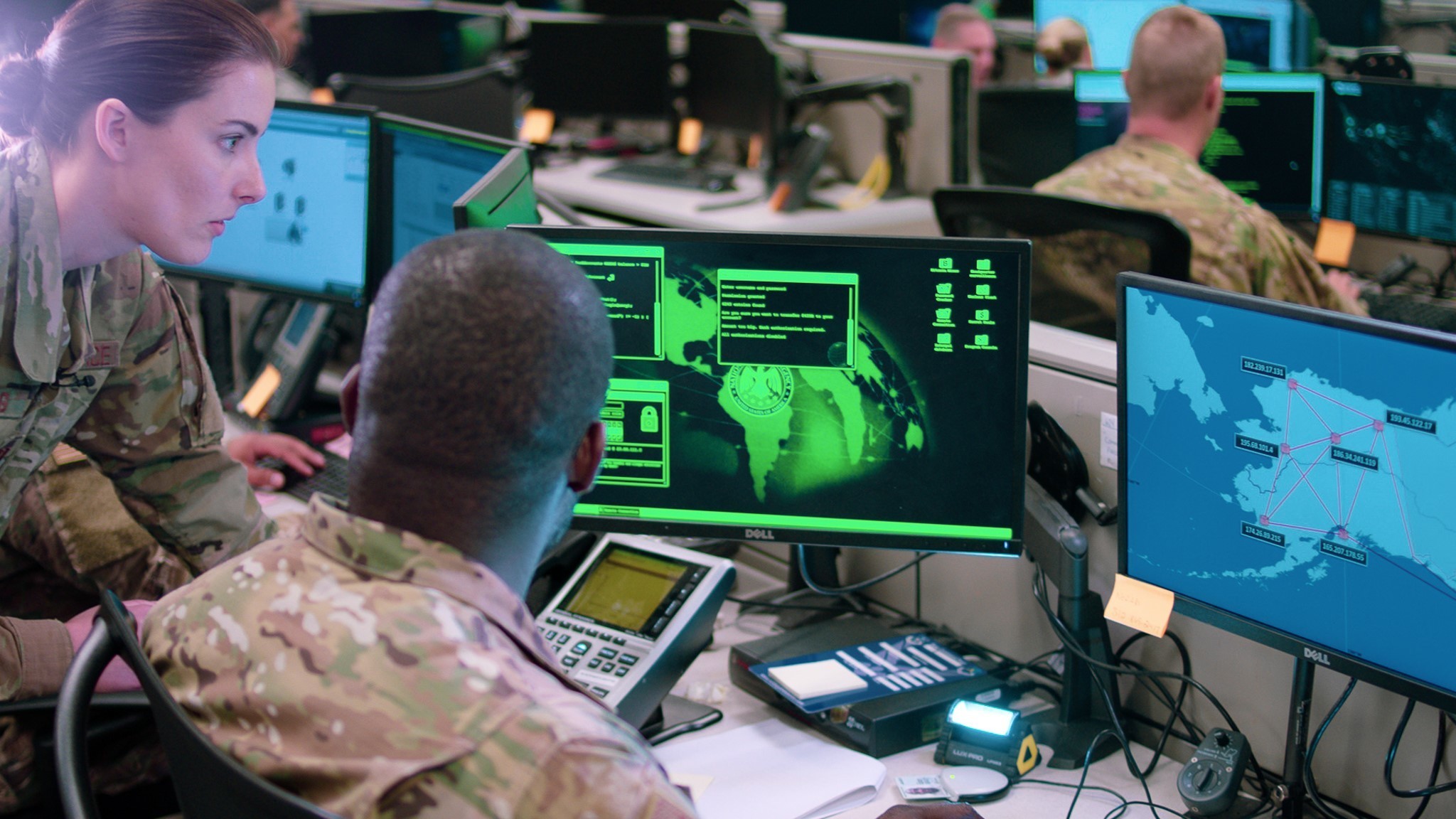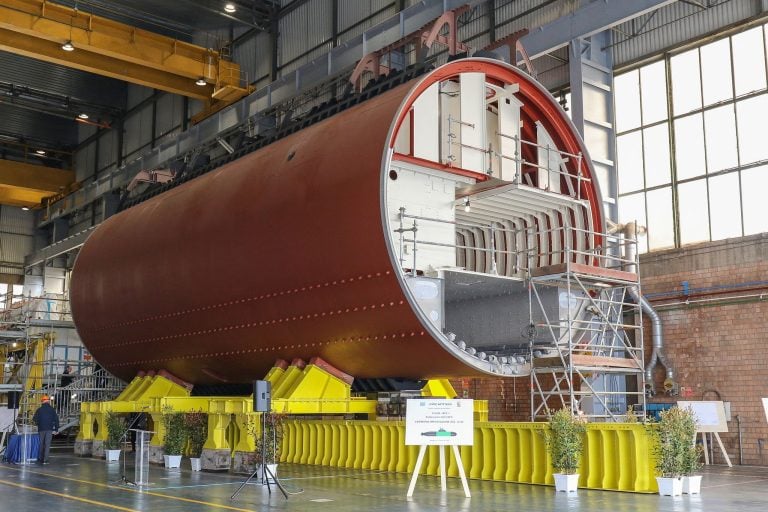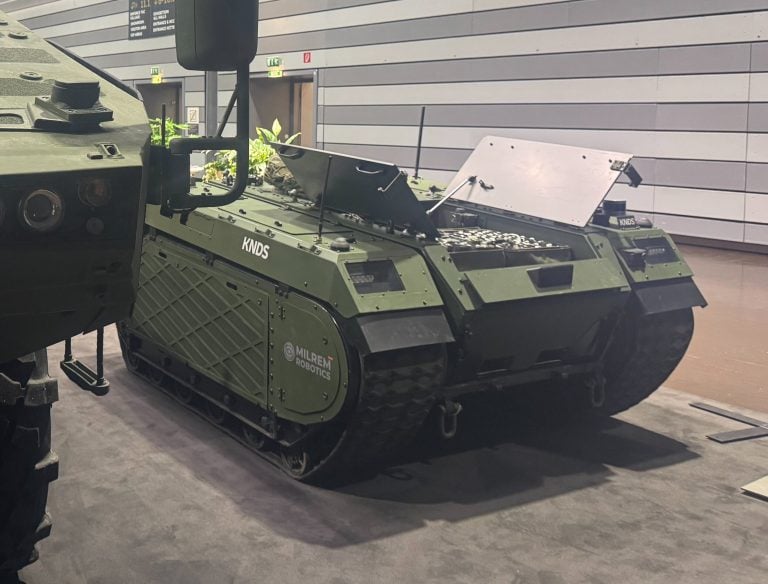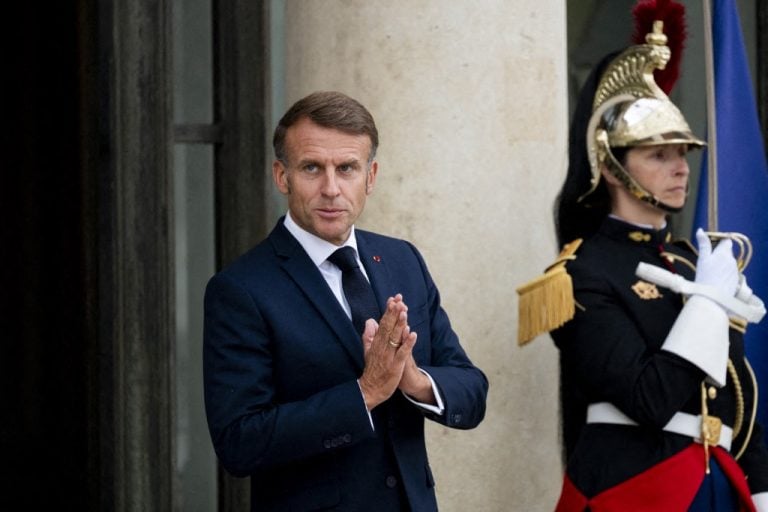As foreign-made technology and evolving cyber threats increasingly jeopardize U.S. critical infrastructure, experts warn that organizations must quickly adapt to meet new challenges. AI-driven attacks and the use of aging systems exacerbate vulnerabilities, creating a pressing need for robust cybersecurity strategies.
In a recent discussion on the podcast “Defense Disruptors,” Sean Tufts, Managing Partner at Optiv, highlighted the growing concern surrounding foreign surveillance technology. He emphasized that this silent rise represents a significant threat to the nation’s security apparatus. With adversaries leveraging sophisticated tools to infiltrate or surveil U.S. assets, there is an urgent requirement for strengthened cybersecurity collaboration across various sectors.
The rapid pace of technological advancement has outstripped many organizations’ ability to safeguard their systems, leading to a precarious situation where critical infrastructure is at risk. Tufts pointed out that the amalgamation of outdated technological frameworks with nefarious strategies employed by cyber adversaries calls for a fundamental reevaluation of defense strategies.
In their conversation, Tufts stressed the importance of developing smarter and more adaptive defense protocols to combat these evolving threats. As cyber warfare becomes increasingly prevalent, organizations must prioritize resilience and flexibility in their cybersecurity frameworks to secure vital infrastructure effectively.
With a backdrop of intensifying cyber threats, U.S. organizations are urged to confront these challenges head-on, recognizing that collaboration, innovation, and proactive measures are essential in navigating the complex landscape of modern cyber threats. The full details of this critical discourse can be found in the “Defense Disruptors” episode available on NextGen Defense.







